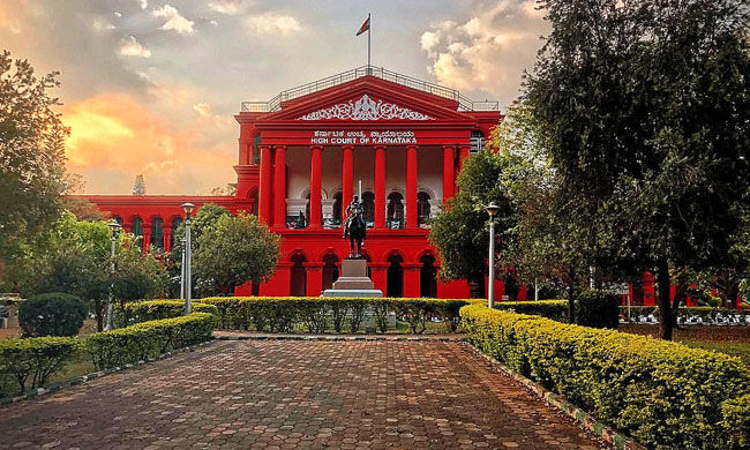Arbitral Award Cannot Be Modified By Executing Court On The Basis Of Just A Memo: Karnataka High Court
Parina Katyal
10 Jun 2022 8:20 AM IST

Next Story
10 Jun 2022 8:20 AM IST
The Karnataka High Court has ruled that in the absence of an application filed under Section 33 of the Arbitration and Conciliation Act, 1996 (A&C Act) for correction of typographical errors in the arbitral award, the Court cannot pass an order modifying and correcting the arbitral award on the basis of a Memo filed before it by a party. The Single Bench of Justice E.S. Indiresh...
